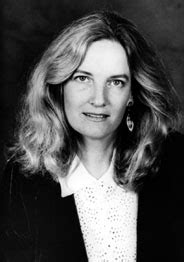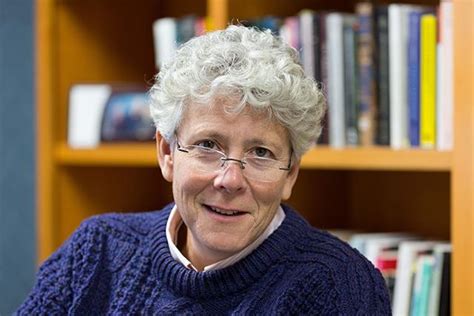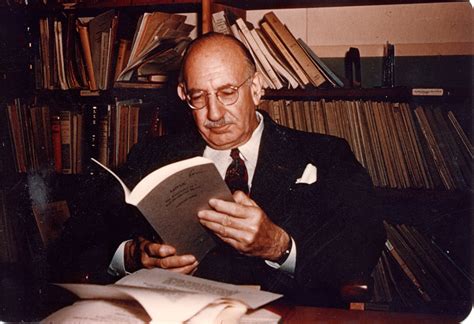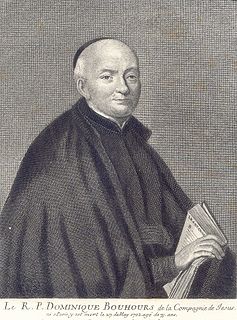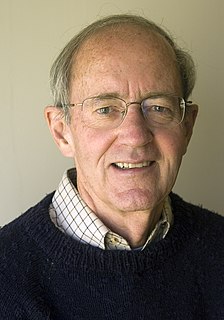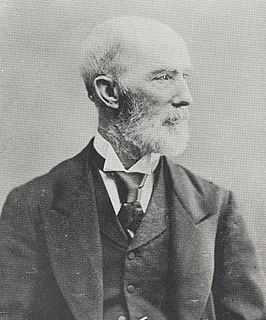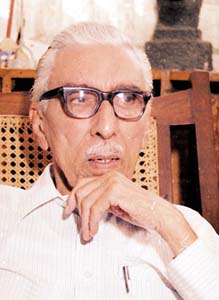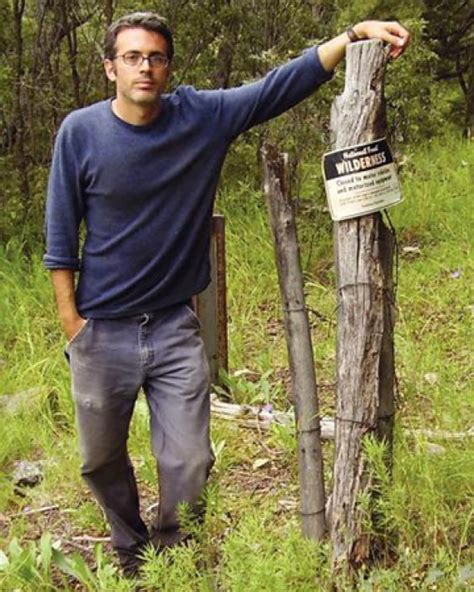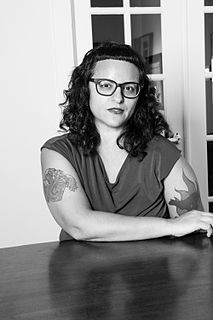A Quote by Dinty W. Moore
Jim Grimsley's unflinching self-examination of his own boyhood racial prejudices during the era of school desegregation is one of the most compelling memoirs of recent years. Vivid, precise, and utterly honest, How I Shed My Skin is a time-machine of sorts, a reminder that our past is every bit as complex as our present, and that broad cultural changes are often intimate, personal, and idiosyncratic.
Quote Topics
Bit
Boyhood
Broad
Changes
Compelling
Complex
Cultural
Cultural Change
Era
Every
Examination
His
Honest
How
Intimate
Jim
Machine
Memoirs
Most
Often
Our
Our Past
Own
Past
Personal
Precise
Prejudices
Present
Racial Prejudice
Recent
Reminder
School
Self
Self-Examination
Shed
Skin
Time
Utterly
Vivid
Years
Related Quotes
Some of Kant's particular moral opinions, either because he shared the prejudices of his time, or because of his own personal crotchets, can strike sensible people as ridiculous or offensive. But in my view, his own theory provides us with the resources (the best resources available, I believe) to correct his own personal errors or cultural prejudices.
How I Shed My Skin is, simply put, a brilliant book. While I was reading, I kept thinking two things. One, this is totally shocking. Two, it's not at all shocking, but a familiar part of my life and memory. Grimsley's narrative is straightforward and plain-spoken while at the same time achingly moving and intimately honest, and it does more to explain the South than anything I've read in a long, long time.
We human beings have enormous difficulty in focusing on the present; we always thinking about what we did, about how we could have done it better.... or else we think about the future, about what we're going to do.... But at this precise moment, you also realize that you can change your future by bringing the past into the present. Past and future only exist in our mind. The present moment, though, is outside of time, it's Eternity.... It isn't what you did in the past the will affect the present. It's what you do in the present that will redeem the past and thereby change the future.
Since biological change occurs slowly and cultural changes occur in every generation, it is futile to try to explain the fleeting phenomena of culture by a racial constant. We can often explain them-in terms of contact with other peoples, of individual genius, of geography-but not by racial differences.
Combining in our survey then, the whole range of deposits from the most recent to the most ancient group, how striking a succession do they present:- so various yet so uniform-so vast yet so connected. In thus tracing back to the most remote periods in the physical history of our continents, one system of operations, as the means by which many complex formations have been successively produced, the mind becomes impressed with the singleness of nature's laws; and in this respect, at least, geology is hardly inferior in simplicity to astronomy.
Jesus perfected his life and became our Christ. Priceless blood of a god was shed, and he became our Savior; his perfected life was given, and he became our Redeemer; his atonement for us made possible our return to our Heavenly Father, and yet how thoughtless, how unappreciative are most beneficiaries! Ingratitude is a sin of the ages.
In the immediate postwar era, financial crises in advanced countries were rare events, and before 1970 did not happen at all. Since then they have occurred more often, and 2008 was the most damaging of them all to date. If we have moved back to a regime of regular financial crises - like the one we had from the 1870s to the 1930s - then our economic future will be very different from our recent past.


